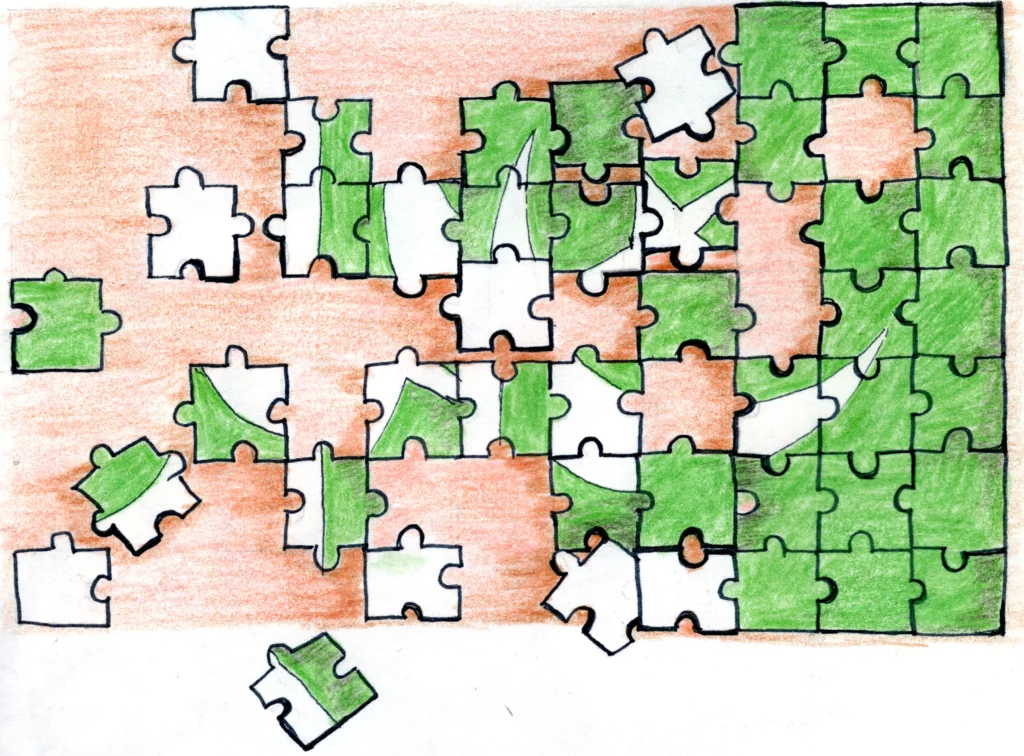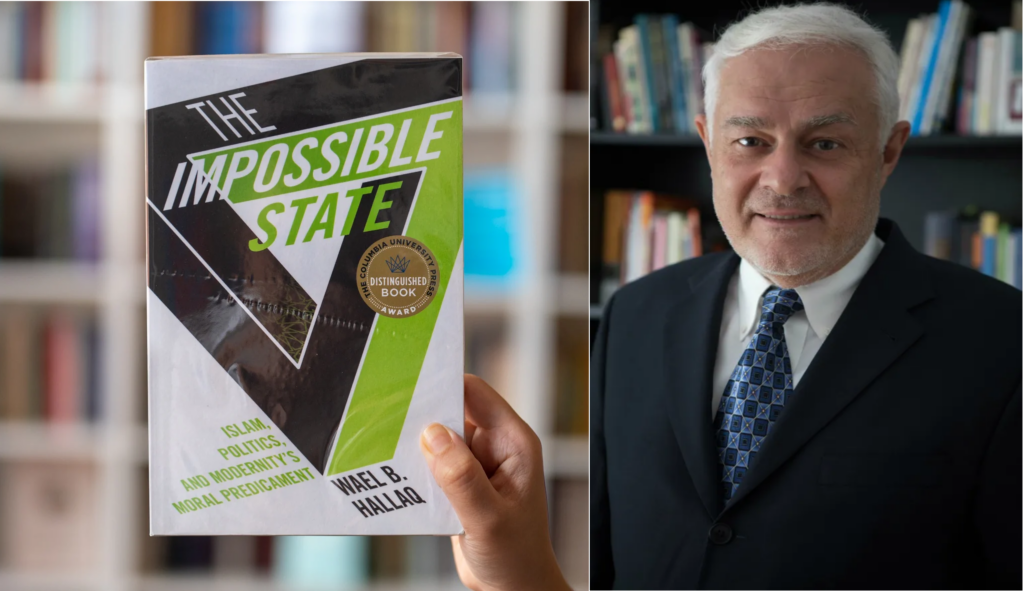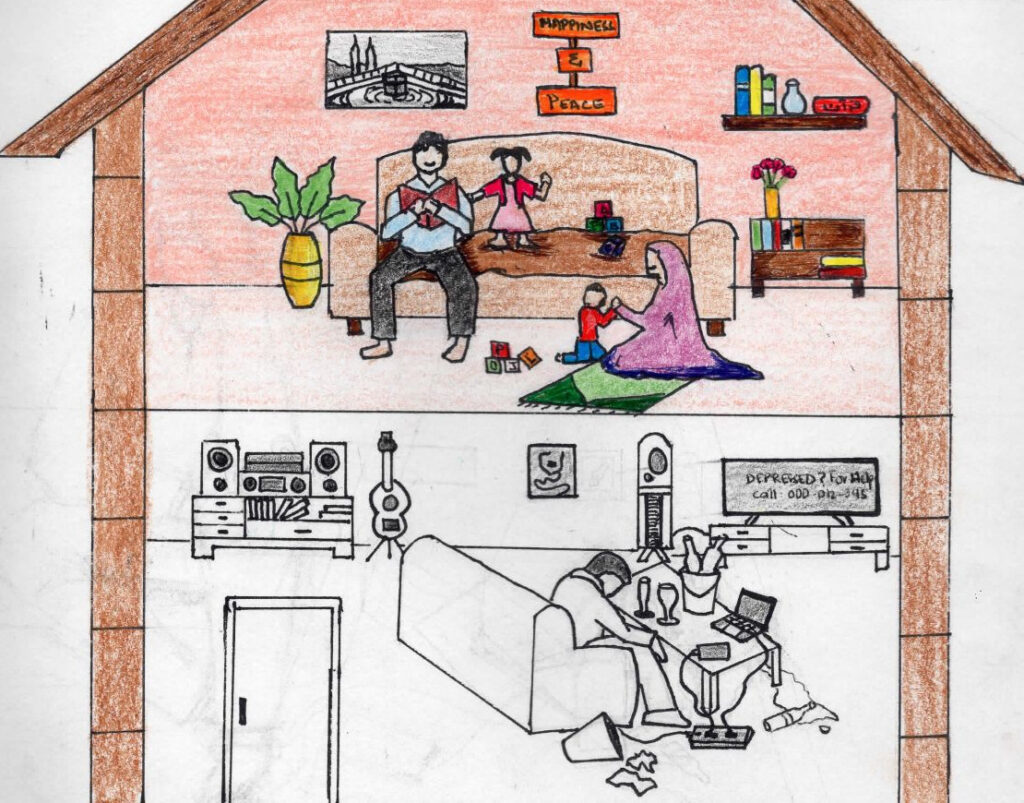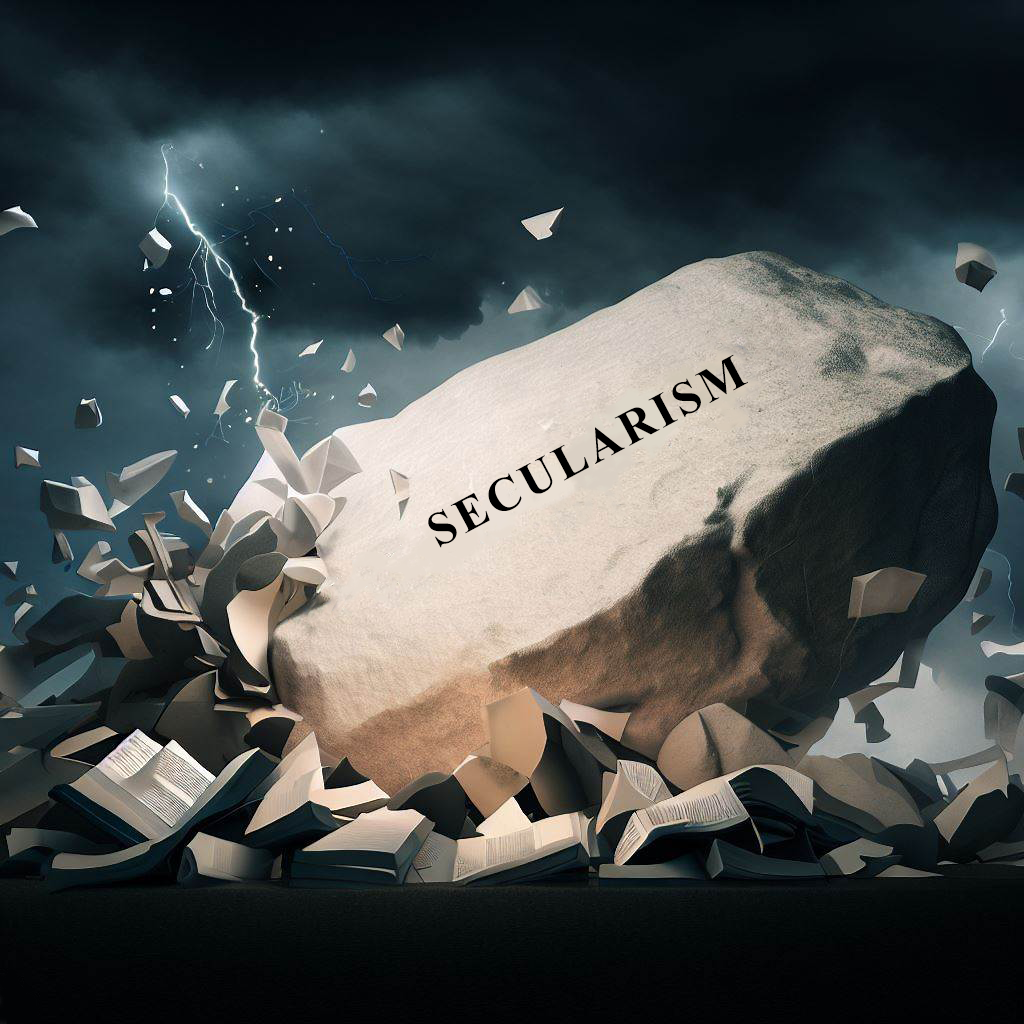
کاروبارِ شہریاری کی حقیقت اور ہے
The true nature of imperialism lies elsewhere
یہ وجودِ مِیر و سُلطاں پر نہیں ہے منحصَر
It depends not on the existence of a sultan
One can’t help but think of Pakistan while reading this. The country came into being with bold claims of an Islamic revival. A factory where principles of Islam are to be tested, and upon showcasing their success exported them to the rest of the world.1 Decades later, this is nowhere to be seen. The police is brutal, government institutions incompetent and judiciary not trusted. State officials apathetic to people’s needs – essentially the same as the British left it.
The reason we’re presented for this is, were Pakistan a true democracy – power stemming from the people – conditions of the masses should improve. Our coup-free neighbor is a testament that just “more democracy” isn’t the solution. And, when you see how our “democratic forces” have almost always co-opted military regimes, one should perhaps analyse the situation more closely.
مجلسِ ملّت ہو یا پرویز کا دربار ہو
Be it a national assembly or of the court of Parvez
ہے وہ سُلطاں، غیر کی کھیتی پہ ہو جس کی نظر
Whoever casts a covetous eye on other’s harvest is a king
The primary purpose of an assembly is legislation – a process that per the Pakistani construction, must be in accordance with the Quran and Sunnah. Declared so in the objective resolution, demanded by the constitution.2 Were that not so, as Muslims, it would still be obligatory upon us.3 Elections are to nominate people for such a legislative process. And never have we considered this. Our constituencies are no more than a local family’s sphere of influence. What merits support is repairing streets, granting government jobs, and helping handle police and judiciary. Votes are exchanged for access to state patronage. Elections, here, are no more than a rotating panel of dynasties. Parties, a personal alliance to the party head. Prime Ministers may campaign beyond rebuilding local streets and focus on highways instead.
For the handful of voters that think beyond personal benefits, campaigns may involve building motorways instead of local streets. It is true that every major party had to incorporate some Islamist element into their slogans to rise, but never needed to act upon them for re-election. Burst of religious fever may result in votes for parties made up exclusively of Ulema, without considering their capability to actually transform the state. Now, standards have fallen to the point where being “handsome” grants a pass to side with the same electables you claim to oppose.
With such criteria, could the results have been any different? The Pakistani state has not fulfilled its claims, because we have never considered fulfilling them.
خال خال اس قوم میں اب تک نظر آتے ہیں وہ
Amongst this people there are still to be seen a few
کرتے ہیں اشکِ سحر گاہی سے جو ظالم وضُو
Who perform their ablutions with the tears of pre-morning hours
All is not gloom. Most Pakistanis may not understand what an Islamic state would look like in this day and age, or how it may come about, but they do believe in the idea of it being good. They feel an affinity for the Ummah as well. There might be a few ideological parties or organizations in the country, and in them are also those which ascribe to Islam as a whole. I won’t be naming them as those who care enough will put in the work to figure it out for themselves. But these are ample indications that the spark for an Islamic revival exists within this country, that with the right fuel an inferno can be lit. What remains is for the people to find that fuel.
1. Quaid-i-Azam Muhammad Ali Jinnah Speeches and Statements, 1993 p.155 and p.142. Speech, Statement and Messages of the Quaid-i-Azam, edited by K.A. Yusufi, (Lahore, Bazm-i-Iqbal, 1996) vol. IV, p. 2669.
2. Pakistani constitution article 2A, 203D and 277
3. Quran [5:44-47], [12:40] and [4:60] among others




